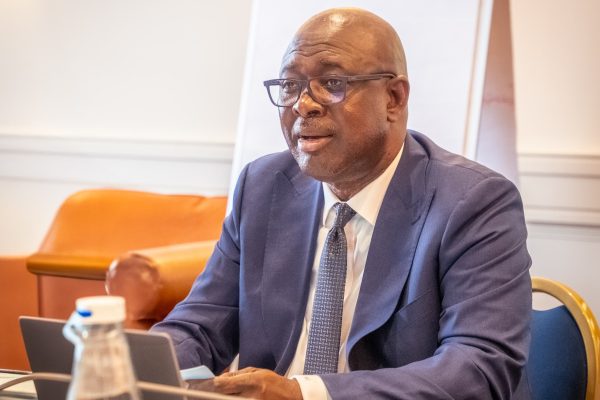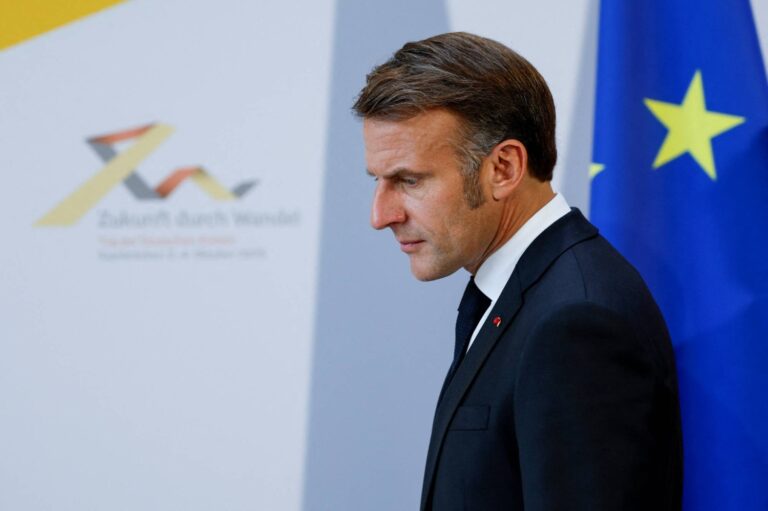
Nigeria’s Minister of State for Petroleum Resources (Oil), Heineken Lokpobiri, has reaffirmed his strong confidence in the country’s ability to meet its 2025 crude oil production target. He announced the goal of 2.06 million barrels per day (bpd) during a recent forum in Abuja. Lokpobiri described the target as both ambitious and realistic, citing ongoing reforms and improved conditions in the oil and gas sector.
Speaking at the 2024 Nigeria Oil and Gas Energy Week, the Minister emphasized that the Federal Government continues to take deliberate actions to restore investor confidence. Security around oil-producing areas has improved significantly, and investments are returning. With these positive shifts, Nigeria stands in a stronger position to boost output and grow its economy.
Lokpobiri pointed out that past issues like pipeline vandalism and crude theft are now being addressed through collaboration among the government, security agencies, and host communities. Their joint efforts have started to reduce losses and stabilize oil operations.
He also credited recent reforms under President Bola Tinubu’s administration with improving the business environment. The government has streamlined licensing processes and clarified regulations, which has drawn renewed interest from investors. Both international and local players now see stronger reasons to invest—critical for reaching production goals.
The Minister explained that the 2.06 million bpd target is based on data and a clear strategy. Nigeria has the reserves and production capacity required to meet this target. What the country needed was a well-aligned plan focused on security, stable policy, and responsible management.
According to Lokpobiri, the full implementation of the Petroleum Industry Act (PIA) now offers greater clarity and transparency. By introducing fairer revenue-sharing structures, the government has helped rebuild trust among investors. As a result, Nigeria’s upstream sector has become more competitive and attractive.
He urged stakeholders to remain supportive and patient as the reforms continue to unfold. Oil-producing communities also have a key role in maintaining peace and promoting development. Lokpobiri stressed that a stable Niger Delta is essential for long-term success in the oil sector.
Daily oil output, he noted, is already trending upward. This rise in production reflects the early impact of reforms. With consistent effort, Nigeria can realistically achieve the 2025 target.
Closing his remarks, Lokpobiri called for unity among all players in the sector. He encouraged cooperation between government, industry leaders, and local communities. Each group has a vital role to play in reaching production milestones and building a stronger energy future.
By combining sound policies, upgraded infrastructure, and community support, Nigeria is moving steadily toward its crude oil goal. Lokpobiri remains optimistic, and his leadership continues to drive momentum across the sector.

